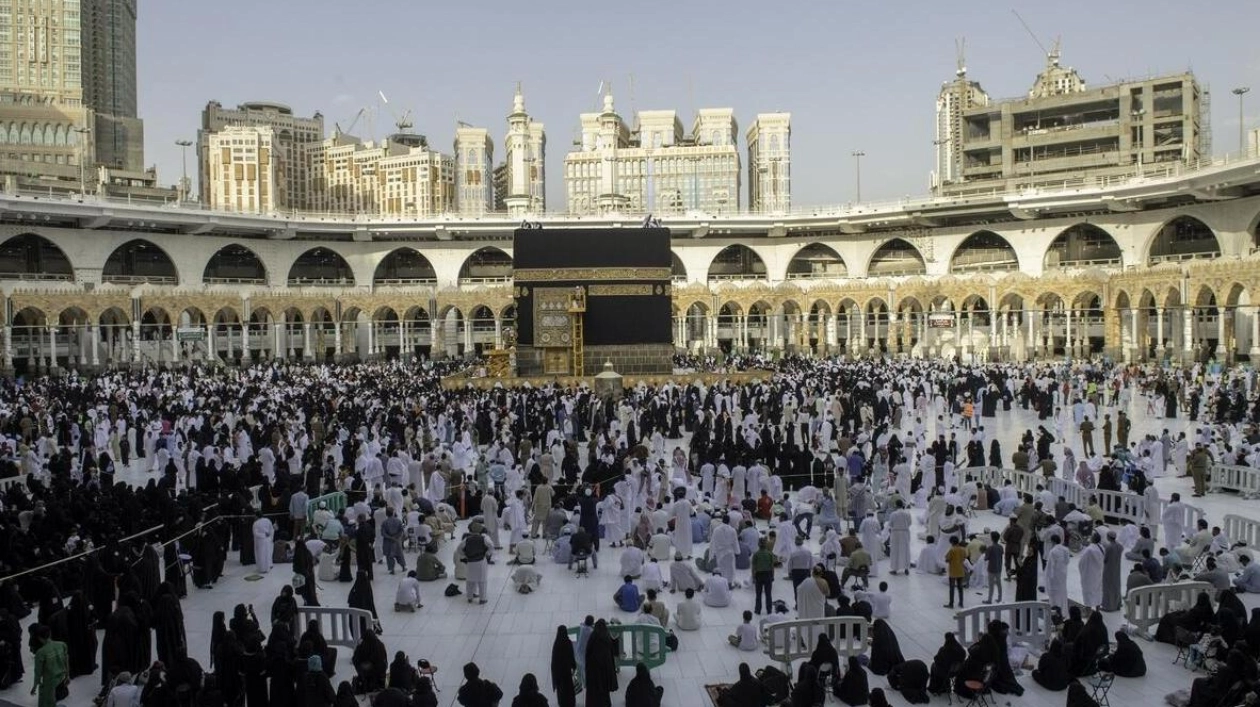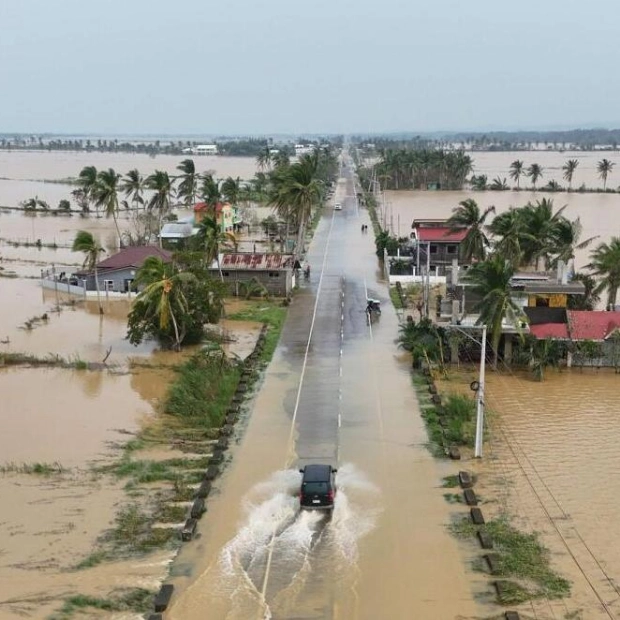Saudi Arabia's Roads General Authority announced the expansion of the asphalt surface cooling initiative in various locations within the holy sites. According to the Saudi Press Agency (SPA), the objective of this initiative is to decrease temperatures in neighborhoods and residential areas, reduce the energy required to cool buildings, and alleviate the impacts of climate change. This technology aims to create a more comfortable environment in waiting areas and places where people gather.
The initiative has been implemented near Namira Mosque in Arafat, covering an area of 25,000 square meters. The General Authority is collaborating with several relevant entities, including the Ministry of Municipal and Rural Affairs and Housing, the Ministry of Hajj and Umrah, the Pilgrim Experience Programme, the Quality of Life Program, and the Holy Capital Municipality.
The concept behind this initiative, initially introduced last year in the holy sites, is based on the fact that roads absorb heat during the day, sometimes reaching temperatures of up to 70°C. Subsequently, they release this heat at night, leading to the 'urban heat island effect', which results in increased energy consumption and air pollution. To address this effect, the experiment with 'cool pavements' made from locally produced materials, capable of absorbing less solar radiation, was introduced. As a result, these pavements exhibit lower surface temperatures than traditional ones, making them suitable for roads around residential areas.
The authority is conducting research and practical experiments as part of its role as a government supervisory and regulatory body for the road sector in the Kingdom. These initiatives are aligned with the sector's strategic vision, which emphasizes encouraging innovation. Additionally, the road sector's strategy is focused on enhancing the quality of roads to achieve a higher global ranking and reducing fatalities to fewer than five per 100,000 people by 2030.






